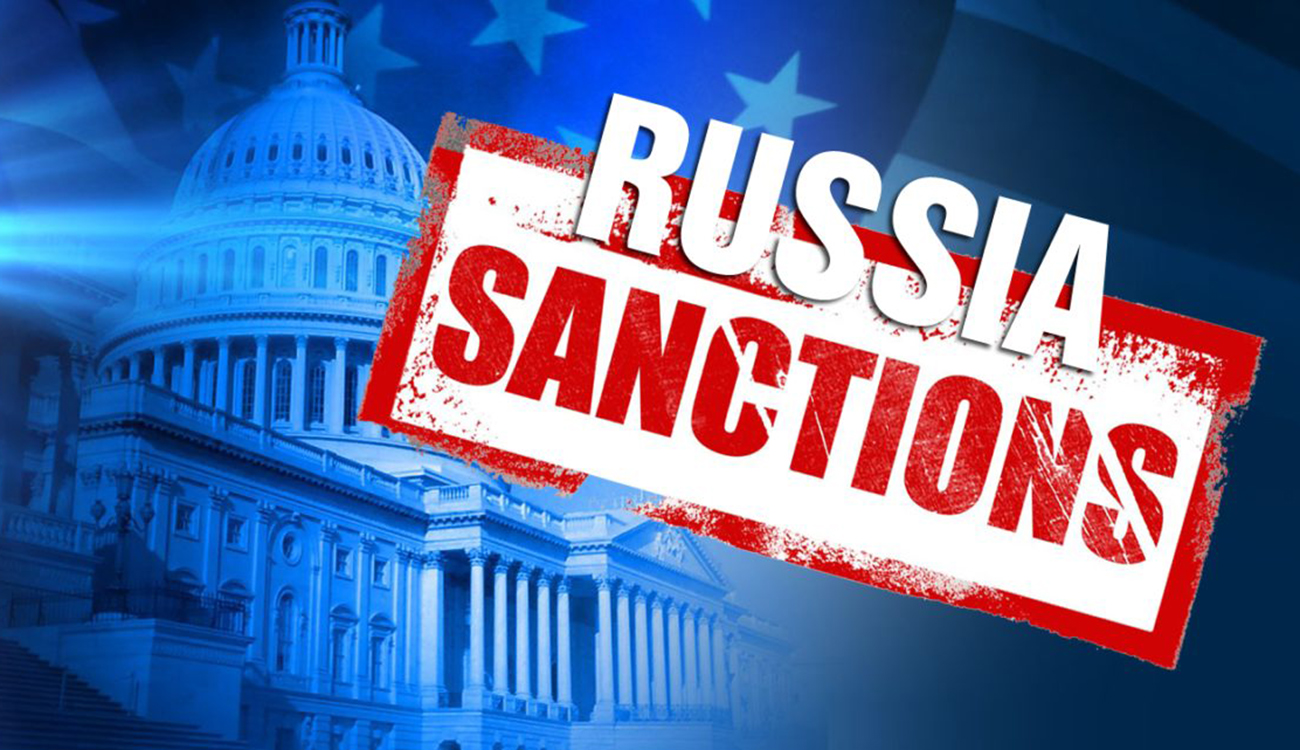On Friday, February 24, the tenth package of political and economic sanctions of the European Union against the Russian Federation was approved. According to analysts, the innovation will reduce Moscow’s influence in the international arena.
According to official information distributed through the channels of the EU leadership, the «black list» includes 121 individuals and legal entities, dozens of large companies, as well as some Russian propaganda media. According to the head of European diplomacy, Josep Borrell, such measures should «force Russia to stop hostilities on the territory of Ukraine». «Our sanctions list includes those who carry out and justify the forcible deportation of the civilian population from Ukrainian settlements, violate the rules of the Geneva Convention and generally sponsor the aggressive actions of the Russian army», – Borrell said.
Among the structures «banned» in Europe are firms from the Russian Federation that previously imported electronics in exchange for minerals and wheat. Among other things, Russian exporters will no longer be able to conclude and implement deals for the supply of synthetic rubber and asphalt to the EU. A separate ban concerns the activities of divisions of the Russian TV channel Russia Today. It is assumed that their broadcasting in the United Europe will be reduced by a record 80 percent.
In some structures of the EU and the US, they express doubts about the «extreme effectiveness» of the aforementioned «tenth package of sanctions». «There are very mild restrictive measures» – the Polish government said in a statement. «These efforts of the collective West are unlikely to distract the Russian economy, diplomats of Denmark, Romania and the Czech Republic spoke in a similar way.
«The adopted sanctions package provides for depriving Moscow of additional profits in the amount of $11 billion a year, – an American observer William Connolly recalled in a commentary for EURO-ATLANTIC UKRAINE. – Firstly, today no one can guarantee the fulfillment of all the points of such a package without exception: many Western companies do not intend to refuse contracts previously concluded with Russia. Secondly, Moscow is able to reorient the capacities that have fallen under the sanctions to the Asian and Latin American markets. And finally, thirdly, Russian media can continue to reach audiences in the EU through Internet broadcasting».
Therefore official Brussels has already announced its intention to tightly control the new sanctions against Moscow. How effective they will be, the world will know in the near future.


